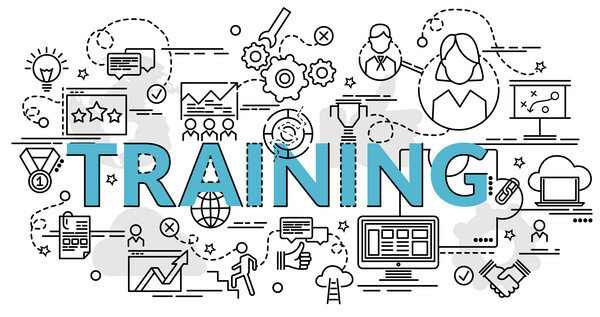Program Goals

IMS graduate programs support translational research relevant to human health from bench to bedside across multiple disciplines in biomedical and clinical/health sciences. IMS provides diverse education and training opportunities to facilitate the growth of its students related to the key roles of an effective researcher.
|
Role: |
During the program, students will have the opportunity to: |
Upon successful completion of the program, graduates will: |
|
Researcher |
develop a broad and integrated knowledge of the contemporary principles and approaches to conducting biomedical research in their chosen field AND build and hone their research skills by engaging in practical, experiential learning opportunities that offer a chance to apply knowledge and skills in a meaningful way. |
demonstrate excellence in the conduct of biomedical research by applying a broad and integrated knowledge of the contemporary principles and approaches to conducting biomedical research in their chosen field. |
|
Scholar |
develop appreciation of and abilities for scholarly practice including contributing new knowledge to the chosen field, thinking critically about emerging concepts that may impact the field, a commitment to continuous learning, and teaching and mentoring others. |
exhibit a life long commitment to excellence through creation and critique of new knowledge, integration of new knowledge into practice where appropriate, involvement in knowledge translation and dissemination activities and commitment to life long learning. |
|
Professional |
develop a sense of professionalism to enable successful integration into the diverse and multidisciplinary research environment through formal curriculum and extracurricular opportunities. |
function as professionals and responsible and collaborative members of the interdisciplinary team with ethical practice, high personal standards of behaviour and accountability to the community. |
|
Citizen |
explore and consider ethical and cultural perspectives (such as race, gender, class, sexuality, language, disability. etc.) in the conduct of research in medical science. |
foster and promote equity, diversity, and inclusion in research by considering, synthesizing and advocating for multiple perspectives, theoretical standpoints, and contributions by individuals from diverse backgrounds. |
